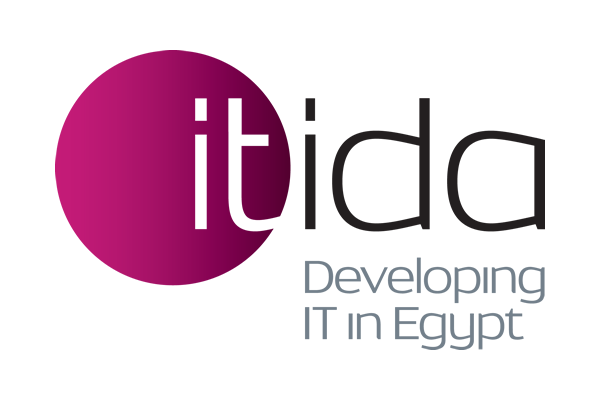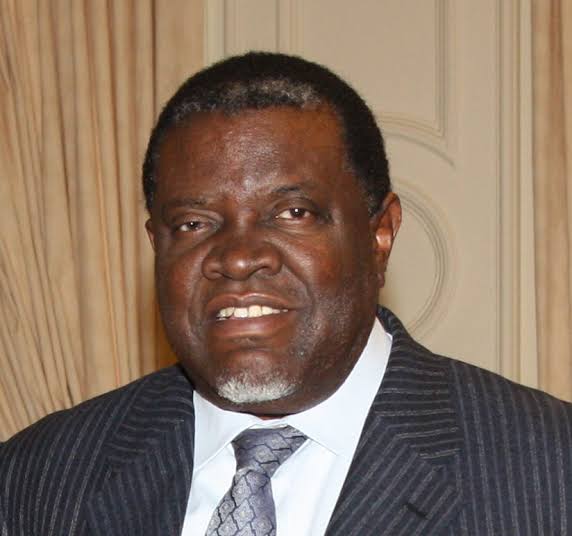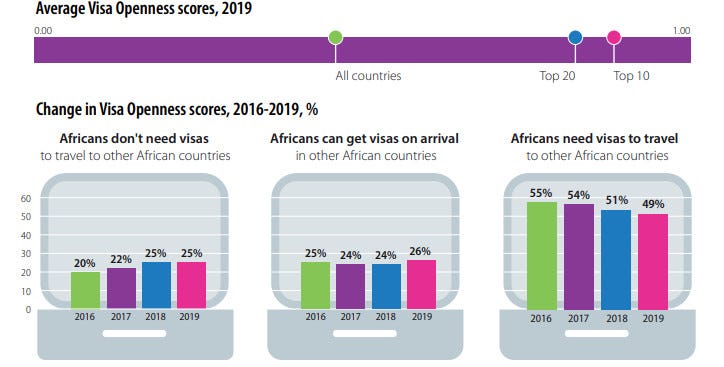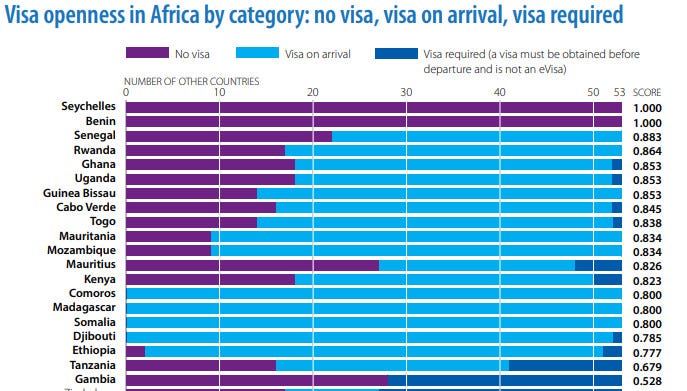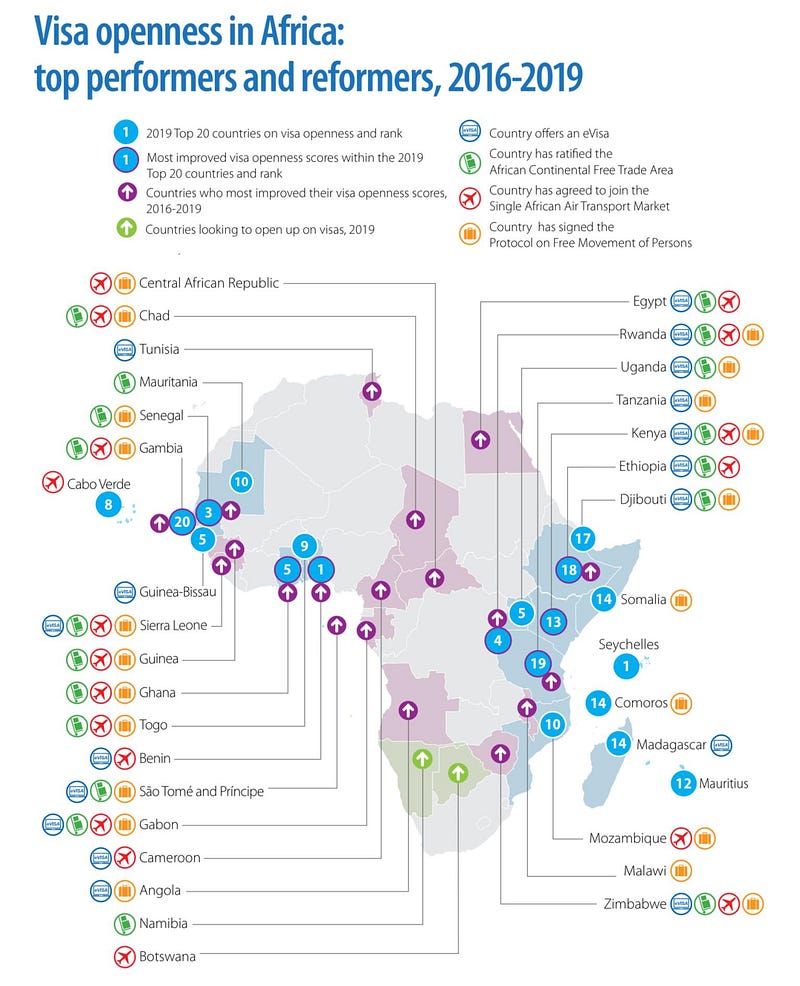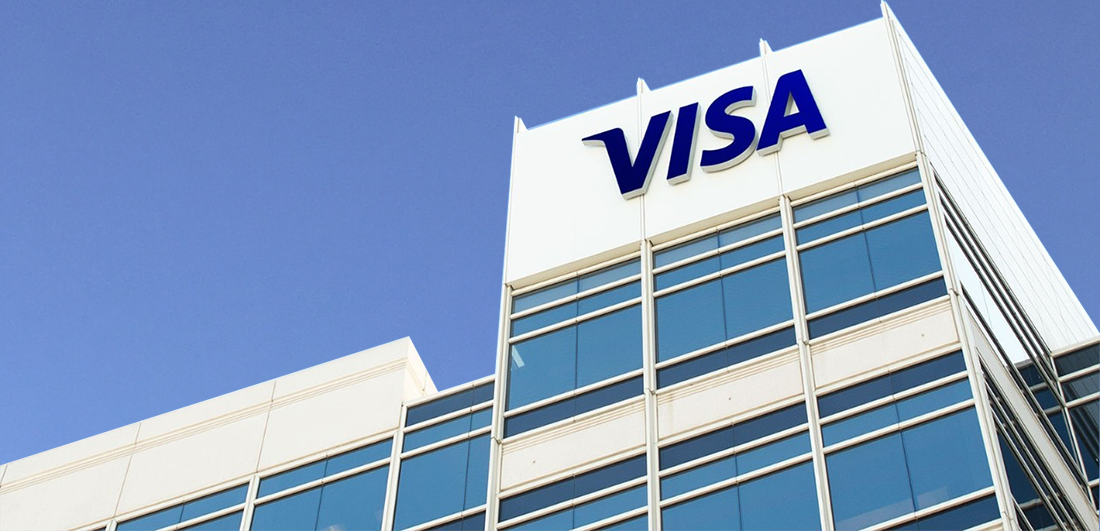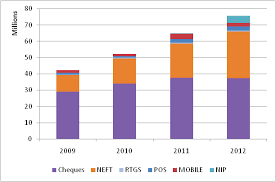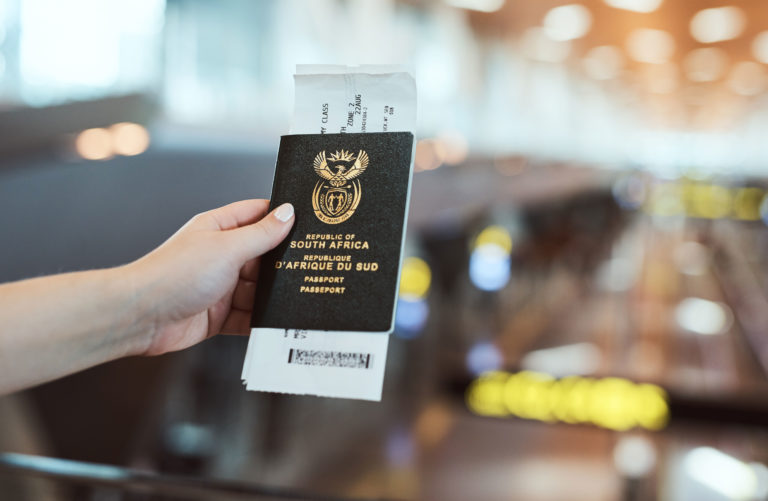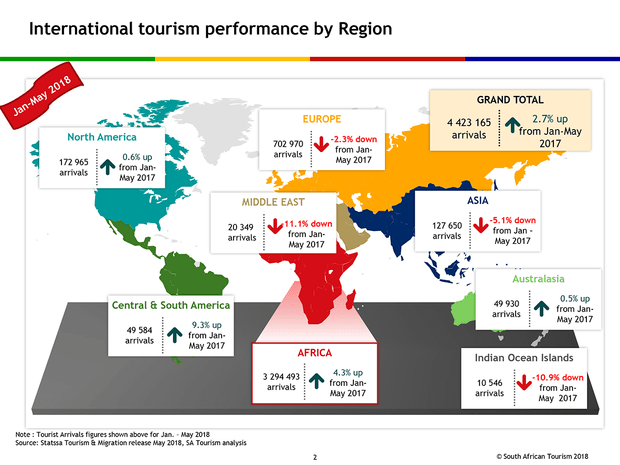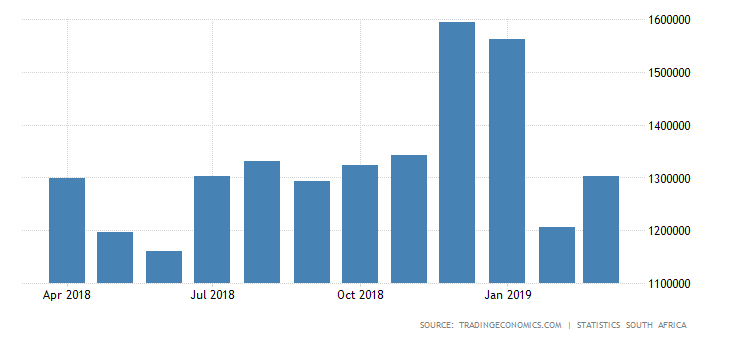Flocash Partners Visa to Promote Digital Capabilities for African SMEs
The world leader in digital payments, Visa has announced that it entered a partnership with Flocash (www.Flocash.com), FT Africa’s fastest growing fintech 2022, to promote digital capabilities for African SMEs through digital payments, supplier solutions and access to financial services.
The first step in this partnership is the launch of Flostore, powered by a Visa digital wallet and the Flocash pan -African payment platform, which can help small businesses accept digital payments, manage supplies and access financial services across Africa.

In addition to Flostore, Flocash and Visa will work together to embed financing in payments, and bring the element of analytics, bookkeeping and reconciliation for small businesses through Visa’s dynamic underwriting capabilities that includes buy now pay later structures.
Read also How Nigerian Mobility Fintech Startup Moove Attracted $20m Investment
“Visa is committed to expanding the digitization of payments across Africa. With partners like Flocash, our goal is to enable African businesses to access our payments ecosystem and technologies to enable them to innovatively and efficiently serve their customers. This partnership with Flocash, as well as the launch of Flostore, is an important step towards achieving this goal,” said Corine Mbiaketcha, Vice President and General Manager for East Africa at Visa. “Flocash has grown significantly as a travel payments processor over the last few years, and we are thrilled to partner with them to build innovative payments solutions that reduce friction in commerce for merchants in East Africa,” Mbiaketcha added.
Flostore Tap2phone capabilities enable small businesses to turn their existing mobile devices into payment acceptance terminals. Tap2phone is essential and a cost-effective mechanism for developing digital payment infrastructure in developing markets.
On the other hand, the CyberSource Payment Gateway technology incorporates all the safety protocols in place to give customers peace of mind as they transact online. It is designed to provide increased fraud protection, minimize cardholder friction, and increase the completion of sales, leading to a better experience for all parties involved. This helps both merchants and issuers detect and avoid fraud more effectively.
Through digitization, SMEs can use their digital footprint to tap into both traditional and alternative sources of funding to expand commerce while banks lower operating costs as they increase their revenue base. Digitization of the lending process enables banks to streamline their inefficient processes for SME lending and deliver value to their customers. 82% of small and micro businesses respondents to Visa’s annual outlook survey in 2022 indicated preference for digital payment options.
Read also South African Payments Startup Talk360 Raises $4M Seed Funding Round
“Visa is a great partner to scale Flocash’s pan-African payment platform and develop this critical area of African commerce that can offer enormous continent-wide economic development opportunities,” said Sirak Mussie, Managing Director of Flocash.
SMEs account for 90% of all businesses in Africa but have an annual financing gap of over US $136 billion according to IFC. A digitized SME sector will unlock the huge market potential of the African continent underpinned by rapid population growth
Kelechi Deca

Kelechi Deca has over two decades of media experience, he has traveled to over 77 countries reporting on multilateral development institutions, international business, trade, travels, culture, and diplomacy. He is also a petrol head with in-depth knowledge of automobiles and the auto industry







